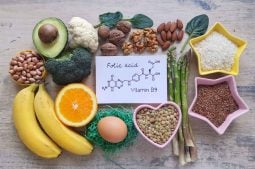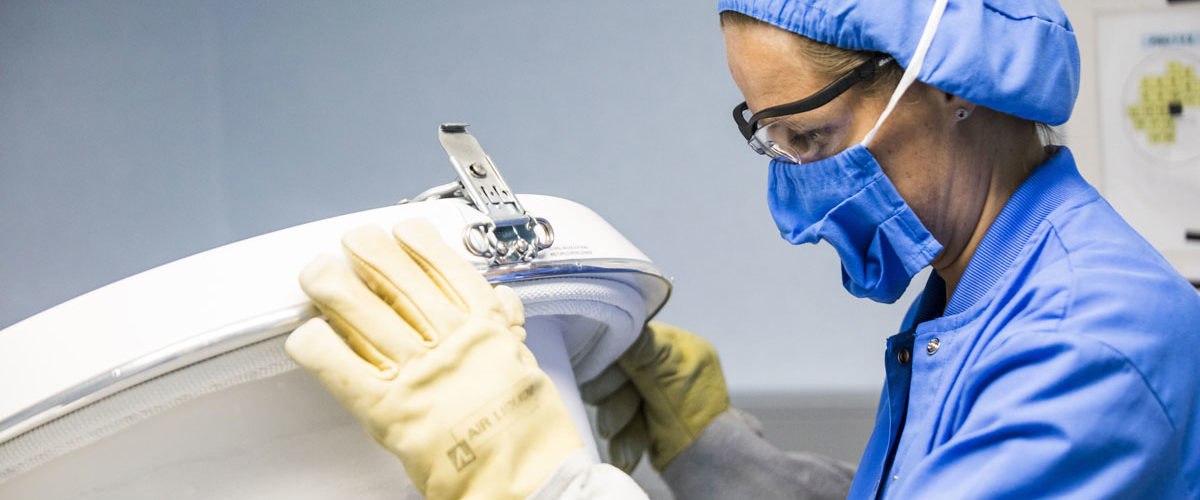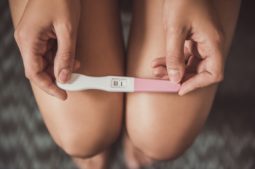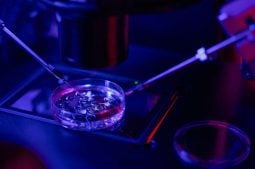

- IVI presents a study that reveals the relationship between early fertility preservation and a higher gestation success rate in endometriosis patients
- On the occasion of the 36th Congress of the European Society of Human Reproduction and Embryology (ESHRE)
We have already talked about endometriosis on other occasions, what this disease consists of, what its main symptoms are and the negative effects it can have on patients’ ovarian function. For example, in women suffering from endometriosis, approximately 50% will experience infertility. In these cases, preserving fertility can be a great ally in achieving the goal of pregnancy.
On the occasion of the 36th Congress of the European Society of Human Reproduction and Embryology (ESHRE), IVI presents the results of a study led by Dr. Ana Cobo, Director of the Cryobiology Unit of IVI Valencia. This study mainly reveals the importance of women suffering from endometriosis vitrifying eggs in order to preserve their fertility.
Preserving fertility in endometriosis patients
Are there differences among women who preserve their fertility due to endometriosis and those who do so for social reasons regarding the survival of their eggs and the clinical outcomes they achieve? This is the question raised by Dr. Cob, which helped her start the study we talked about.
As we have mentioned before, the main result that this study reveals is that it is highly recommended for women suffering from this disease to preserve their fertility. Likewise, the study carried out by Dr. Cobo provides more conclusions about the relationship between endometriosis and egg vitrification.
In cases of endometriosis that required surgery, higher success rates are observed when the egg vitrification was performed prior to surgery, even more so in patients over 35 years of age. This may be due to the fact that, in addition to removing the cyst, healthy tissue is also removed unintentionally.
On the other hand, based on all the parameters analysed in this study, women aged 35, with or without endometriosis, showed similar success rates. This is not the case for women under 35 years of age affected by this pathology, since they presented statistically lower data in all areas analysed, compared to women of the same age range who do not suffer from this disease. One of the reasons – and the most obvious – is that women with endometriosis have fewer eggs, but there are more causes involved.
On the other hand, the rate of implantation – which does not depend on the number of eggs – is lower in women who have endometriosis and have vitrified oocytes, compared to those who have done so for social reasons (39% in endometriosis vs. 55% for social reasons), which may be related to egg quality. In addition, the egg survival rate is 85% in women with endometriosis, compared to 91% in women who preserved for social reasons.
Therefore, the results of this study, in terms of survival, implantation and the lower reproductive potential, observed in patients under 35 years of age, confirm that endometriosis negatively affects the egg reserve and therefore probably also its quality. This is why at IVI we highly recommend all women who have this disease and want to be mothers with their own eggs to preserve their fertility as soon as possible to increase the possibilities of pregnancy.




Comments are closed here.